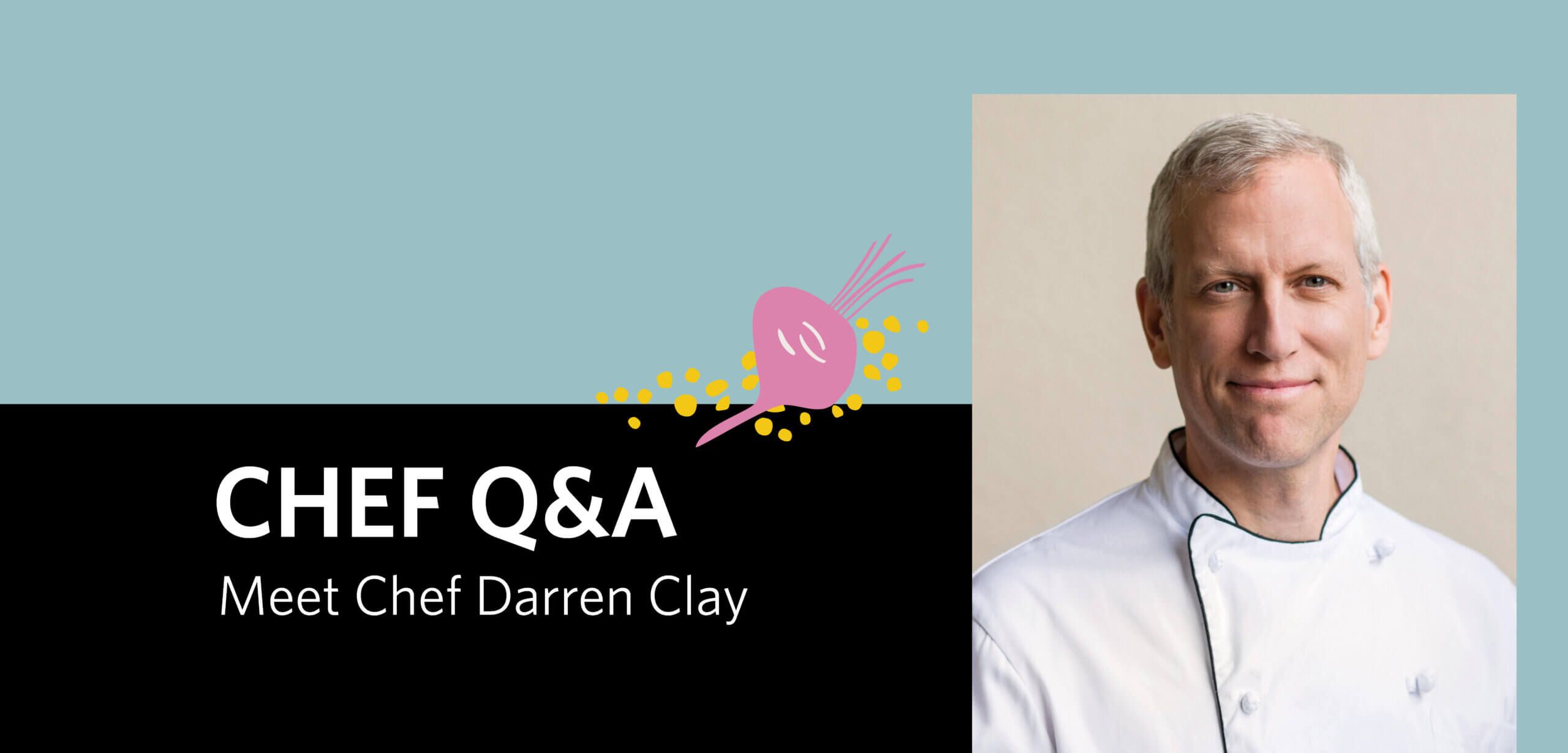We’ve all heard about the obesity epidemic, but there is a new public health threat that those in nutrition are focusing on: weight stigma.
Weight Stigma—What Is it?
Picture this: You’ve been experiencing fatigue and nausea for the past few weeks, and doing day to day tasks like going to work is becoming too difficult. You finally decide to take the bus to the doctor’s office. The seat is tight, and people on the bus are giving you looks. When you arrive, your doctor prescribes you with weight loss after a five minute consult. You go home, feeling defeated and make yourself your favourite comfort meal…only for your family to roll their eyes at you. “Do you really think you should be eating that?”
What I’ve just described is a reality for many individuals who carry more weight. Whether it is disparities in healthcare or day-to-day microaggressions, weight stigma manifests itself in our lives in various way. Regardless of the severity of it, weight stigma comes down to discrimination against larger-bodied individuals that is present in our society on a systematic level.
Impact of Weight Stigma
Weight stigma can cause negative body image and social rejection, which can in turn lead to psychological and physiological distress. Depression, anxiety, and eating disorders are all consequences of weight stigma, none of which are health management strategies.
It is important to decentralize weight in conversations about health, as health goes beyond just weight. The Health at Every Size movement challenges weight stigma by applying a weight-neutral lens to healthcare. This means encouraging healthy habits in the body that you have, rather than emphasizing weight management strategies. This can help combat the harmful effects of weight stigma, while empowering individuals of all sizes to develop healthy habits.
Start by Doing This
In order to call out weight stigma, it is important to be able to recognize it. This can be tricky as it is often subtle and has been engrained in our society. Here are some examples of ways weight stigma and fatphobia might be observed:
- Unsolicited dieting or weight loss advice (yes, even when it comes from a place of concern)
- Fatphobic jokes that perpetuate harmful stereotypes (for example, fat people are lazy, they eat too much, they don’t exercise)
- Negative body talk (towards yourself or others), including “fat” being used as an insult
- Compliments that involve praising weight loss without context on whether or not it was done in a healthy way, and whether or not the weight loss was intentional
Learn how to recognize these signs and speak out respectfully when you see it. Challenge any assumptions that exist within you and around you. These are powerful tools that can mitigate negative weight-related health outcomes and increase overall acceptance for individuals regardless of the weight they carry.
What Else Can I Do?
Often, having thoughts about weight in a negative way could be a sign that we have a poor relationship with food. Taking small steps to heal our relationship with food can be one great step in battling weight stigma.
A process or way of eating that could be helpful in strengthening our relationship with food, mind and body is called intuitive eating. Intuitive eating is a way of eating that involves listening, being in-tune with and respecting our body for all that it does for us. It is about finding food freedom and focuses not just on physical health, but also our mental health from a non-dieting approach.
The last of 10 principles of intuitive eating is to honour your health through gentle nutrition. Understand that health and nutrition does not need to be complex. It is all about progress, over perfection. Read on about what it means to be truly healthy be healthy and what it means to eat intuitively here.
Takeaway
It is important to understand that health is not just determined by that number on the scale, but is a combination of many different factors. De-stigmatizing weight and removing ourselves from a place of judgment can take time to overcome. No one is perfect and we all make mistakes. Start by reflecting and recognizing it. Take small steps to overtime this.
Weight stigma can be a heavy topic at times. If you would like to connect with someone to talk through this topic, connect with those around you that you trust and/or a registered dietitian. If you live in residence at UBC Vancouver, feel free to connect with our residence dietitian. You can also choose to call HealthLink BC at 811 to speak to a dietitian or use the find a dietitian function on the Dietitians of Canada website.







